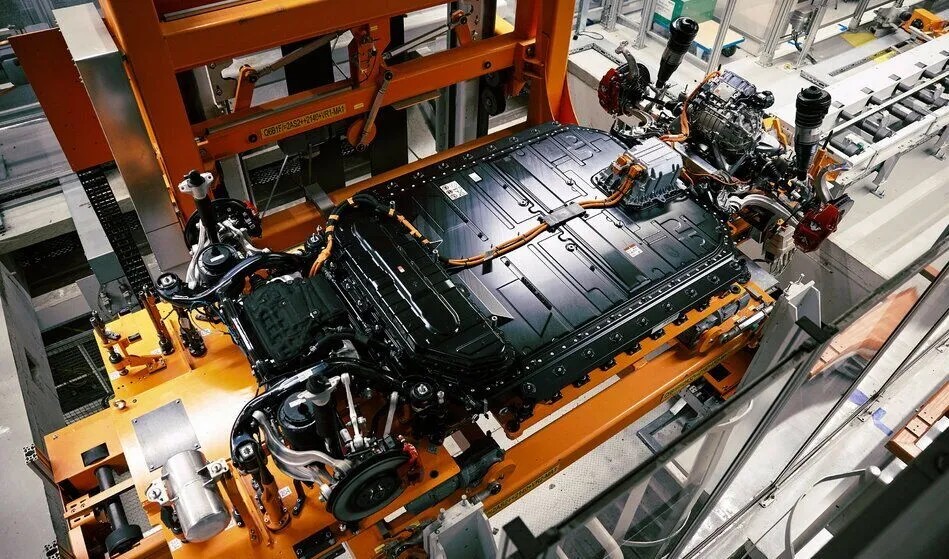Introduction
As electric vehicles (EVs) and EV chargers become increasingly common, one of the most frequently asked questions is: How long do electric car batteries last? Understanding the lifespan of these batteries is crucial for both potential EV buyers and current owners. The battery is the heart of an electric car, responsible for powering the vehicle and ensuring optimal performance. Thanks to advancements in battery technology, EVs are increasingly viewed as a viable and sustainable alternative to traditional gasoline-powered cars. In this article, we explore the lifespan of electric car batteries, the key factors that influence their longevity, and practical tips to extend their life.
How Long Do Electric Car Batteries Last?
On average, electric car batteries last between 10 and 20 years. To provide context, the average age of cars on American roads is about 12.5 years. With ongoing improvements in battery technology, this lifespan is expected to increase, making EVs more practical for long-term ownership. Most EV manufacturers offer warranties covering approximately 8 years or 100,000 miles, but real-world experience indicates that many batteries can last significantly longer when properly maintained.
What Affects the Lifespan of Electric Car Batteries?
1. Battery Chemistry
The type of lithium-ion battery used impacts durability. Common chemistries include nickel-cobalt-aluminum (NCA) and lithium-iron-phosphate (LFP), each with different resistance to degradation. While lithium-ion batteries are favored for their energy density and reliability, all experience capacity loss over time. The rate of this degradation depends heavily on the specific battery chemistry, charge cycles, and usage patterns.
2. Driving Habits and Usage
Driving style significantly influences battery life. Frequent aggressive acceleration and hard braking place more stress on the battery, accelerating wear. Similarly, driving in mountainous or rough terrain requires more energy and can shorten battery lifespan. Conversely, smooth and consistent driving habits help preserve battery health.
3. Temperature
Extreme temperatures—both hot and cold—can harm battery performance and longevity. High heat accelerates chemical reactions inside the battery, causing faster degradation, while cold reduces battery efficiency and range, forcing the battery to work harder. Modern EVs include thermal management systems to regulate battery temperature, but prolonged exposure to extreme climates can still impact battery life.
4. Weight
Electric vehicles typically weigh more than gasoline-powered cars due to their large batteries, with an average battery weight around 1,000 lbs. Heavier batteries often store more energy, potentially extending driving range and battery life. However, added weight also increases energy demand, so balance is key.
How to Prolong EV Battery Lifespan
Maximizing your EV battery’s lifespan involves mindful usage and routine care. Here are some practical tips:
- Avoid Regularly Charging to 100%
- Lithium-ion batteries last longer when kept between 20% and 80% charge. Regularly charging to full capacity can accelerate degradation, so reserve 100% charges for long trips only.
- Park in a Garage or Shaded Area
- Protecting your EV from extreme temperatures by parking indoors or in the shade reduces strain on the battery’s thermal management system and helps maintain battery health.
- Avoid Aggressive Driving
- Gentle acceleration and braking reduce stress on the battery. Utilize regenerative braking whenever possible to recover energy and ease battery demand.
- Follow Manufacturer Charging Guidelines
- Adhere to your EV maker’s recommendations, which often favor slower Level 2 charging over frequent use of DC fast chargers that can speed up battery wear.
- Use Regenerative Braking
- Many EVs convert kinetic energy back into stored battery energy through regenerative braking, reducing energy waste and battery load.
Conclusion
Electric car batteries are engineered to last for many years—typically between 10 and 20—depending on various usage and environmental factors. With proper care, many EV owners will find their batteries outlast traditional gasoline-powered vehicles. Understanding the key factors that affect battery longevity, such as driving habits, temperature conditions, and charging practices, empowers EV owners to maximize battery life, enjoy a more sustainable and cost-effective driving experience, and support the transition to electric mobility. As battery technologies continue to evolve, the future promises even longer-lasting, reliable, and eco-friendly power for electric vehicles on the road ahead.Know more about Google SEO Directory





Comments